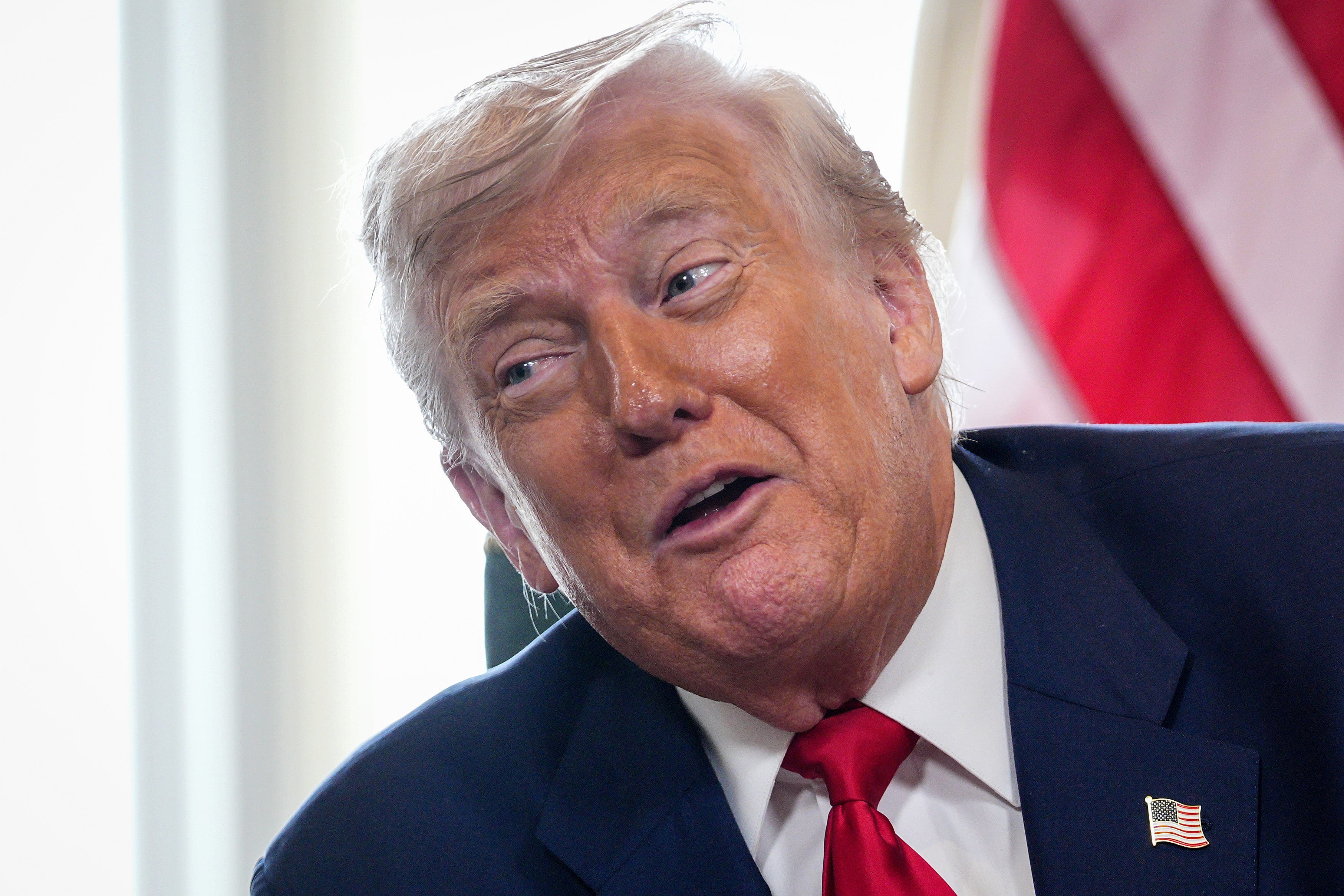The Trump administration is reportedly discussing taking a 10 percent stake in struggling U.S. chipmaker Intel.
Intel CEO Lip-Bu Tan visited the White House last week and discussed the idea of a stake with administration officials, The Wall Street Journal reports.
Talks have reportedly been ongoing throughout the month, despite President Donald Trump previously calling for Tan to resign over his business ties to China, where he has invested in tech companies through a venture capital fund and once lead a tech company that later pleaded guilty to violating U.S. export rules.
It’s unclear what form a government stake in the $100 billion chip maker would take, though a 10 percent share would make the U.S. one of the company’s largest shareholders.
One reported idea has been to convert the roughly $8 billion the company is eligible to receive under the 2022 Chips and Science Act into equity.
“Intel is deeply committed to supporting President Trump’s efforts to strengthen U.S. technology and manufacturing leadership,” the company said in response to the Journal report.
Earlier this year, the administration reportedly discussed creating a consortium including private equity investors to take control of Intel’s manufacturing business.
The Independent has contacted the White House for comment.
Any partial stake would likely need approval from the company’s board and could face industry or shareholder legal challenges.
If completed, the deal would mark a striking government intervention in a major U.S. company, a move more typically seen during moments of crisis like the 2008 financial crash, in which the federal government invested billions to save key companies in the banking and auto industries.

Trump, who has alternatively praised and criticized the auto bailouts, has been uncommonly aggressive in securing a government role in major U.S. firms during his second term.
He negotiated a “golden share” for the government as part of Nippon Steel’s investment in U.S. Steel giving the U.S. veto power over key moves, as well as a 15 percent cut of Chinese revenues on artificial intelligence chips from U.S. firms Nvidia and AMD in exchange for securing export licenses.
He has also threatened a 100 percent tariff on non-U.S. chips.
Despite recent highlights including a $2 billion SoftBank investment in Intel announced on Monday, the U.S. chipmaker has struggled to match rivals like the more dominant Taiwan Semiconductor Manufacturing Corporation.
Intel posted a net loss of $2.9 billion in the second quarter and fired its previous chief executive late last year.
Officials in both the Biden and Trump administrations have looked to back the company as a way to shore up American manufacturing of the crucial components and hedge against risk of the Taiwan Semiconductor Manufacturing Corporation becoming ensnared in issues with its neighbor China.
Groundbreaking brain chip decodes people’s inner monologues in real time
iPhone 17 launch date has leaked – here’s what to know
Trump-Zelensky meeting live: Ukraine leader to meet Putin ‘within two weeks’
Las Vegas tourism is down. Some blame Trump's tariffs and immigration crackdown
Starmer hails ‘real progress’ made during White House summit on Ukraine war







